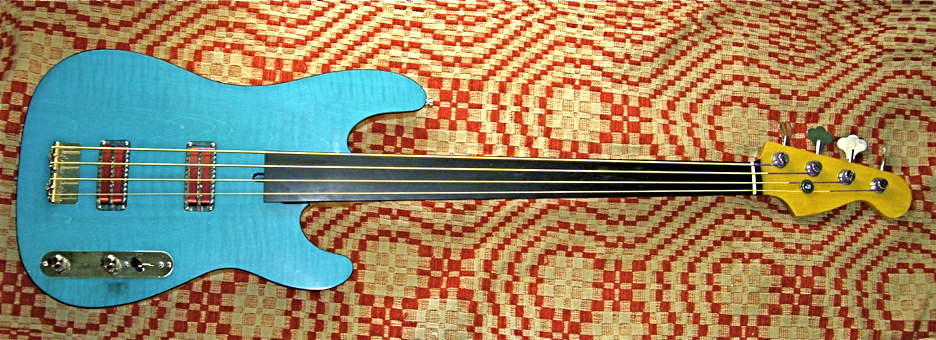I don't know of "reference" pickups per se, but Lace makes the alumitone pickups, which I use, and they are the most open pickups I've ever used. I went to these because I was looking for a pickup that would be extremely malleable with the axe fx.
I've looked at these a few times over the years and you've peaked my interest again. Sidivan, what is it about the Alumitones that you find makes them malleable with the Axe-FX?
Terry.
They sound completely uncompressed and open. Unlike some of the traditional humbuckers I've used, which feel pre-eq'd to be warmer (Gibson stock pickups, for instance). With a wider frequency response, it's easier to carve out the unwanted frequencies to enhance the wanted ones. If I want a warmer tone, roll off some highs. If i want it brighter, roll off the lows. More compressed? Add a compressor in the box. Every tone tool under the sun is in the box, so why would I want to feed it a pre-shaped signal?
The other advantage is the models themselves actually sound different from eachother. I'm assuming this is because I'm providing the entire spectrum for the models to shape, which brings out the voicing of each amp.
In a nutshell, when I plug into a clean amp, I hear strings vibrating in wood. The pickups are almost completely transparent.
I doubt it.They'd be great for making a Strat sound like a Les Paul and vice versa.
Wow. It really does sound like these might get into the ballpark the OP was looking for.
I have two all mahogany guitars which are very warm. One in particular is very resonant, and almost sounds like an acoustic guitar unplugged. It sounds like it might be a good candidate for Alumitones, based on your comment above.
BTW, have you tried Tone Matching to an acoustic guitar? You might achieve some very interesting results!
Terry.

No such thing exists. Pickups are not so much about frequency response, but harmonic content. The best position to capture every harmonic is at or very close to the bridge. But to model a pickup from that tone (regardless of type) you need to change the harmonic content separately for each string, based on it's fret position. So you need hexaphonic processing with dynamic filtering separately for each string.
All of that said, I think tone matching is possibliy one of the better ways to fake different pickup type, but I doubt whether it will fool many. It will be a static tone rather than what we're used to hearing at different fret positions.
I'll whip together a recording of all 6 positions (bridge, middle, neck and then again with coil tap) with everything bypassed so you can hear them.
